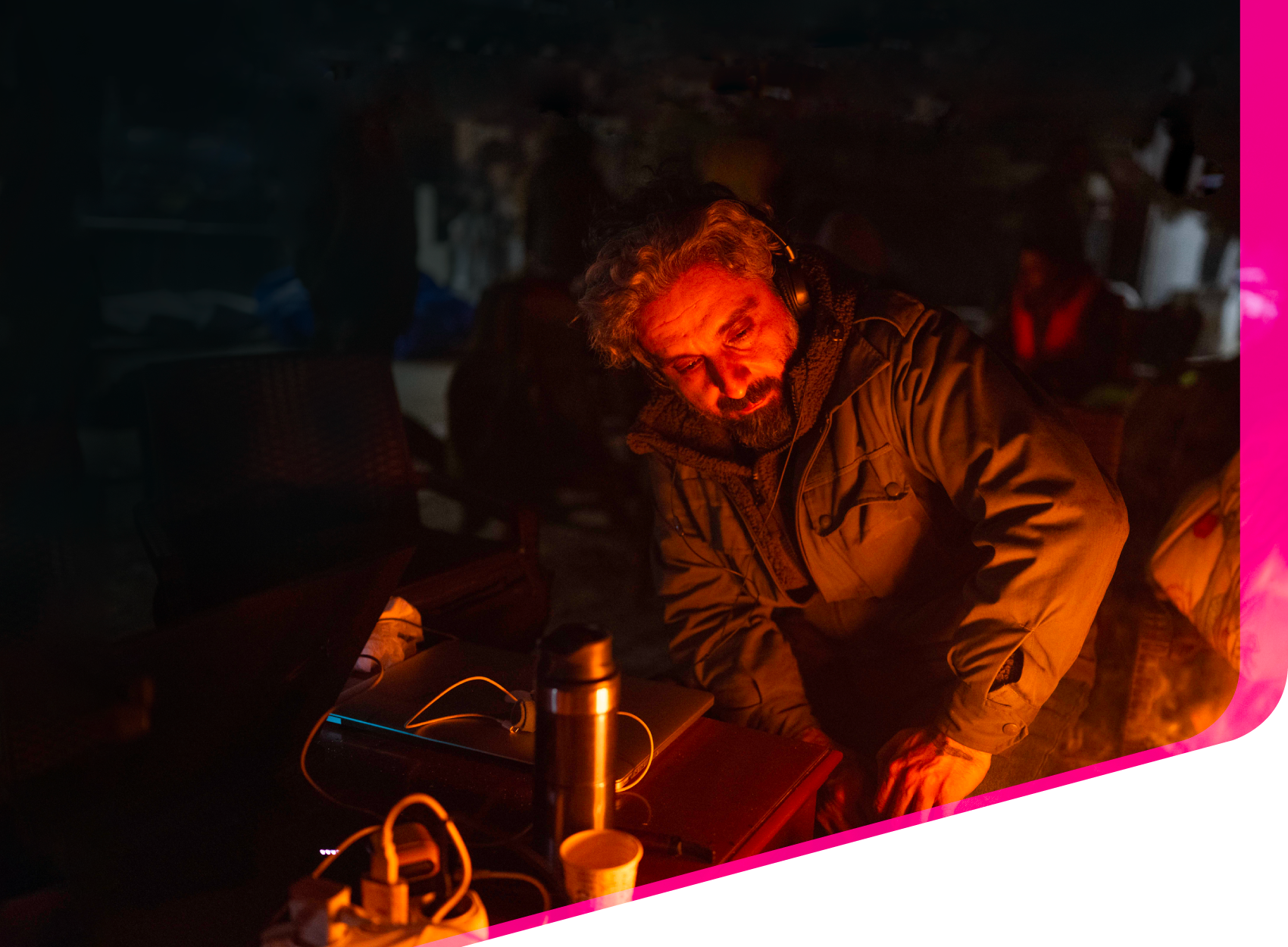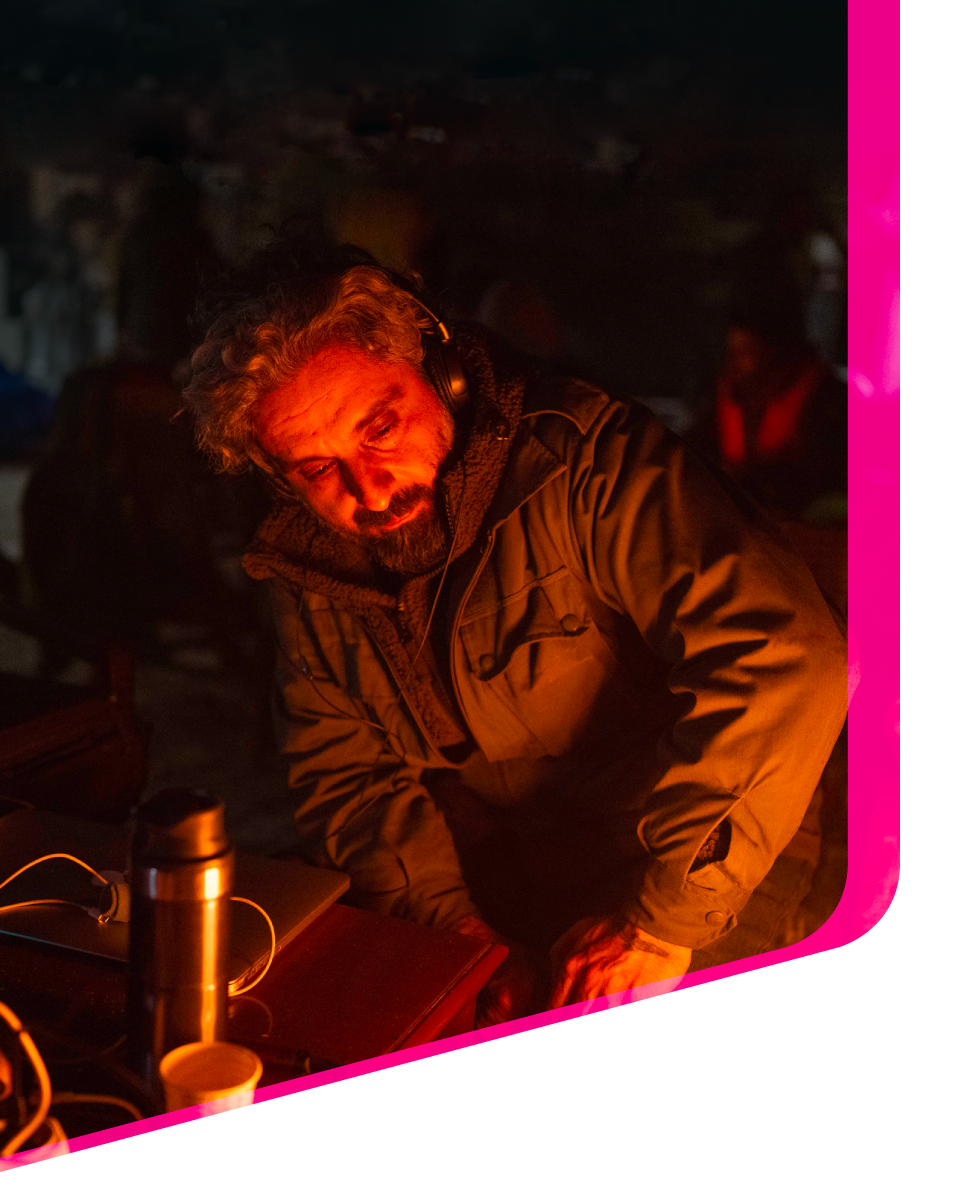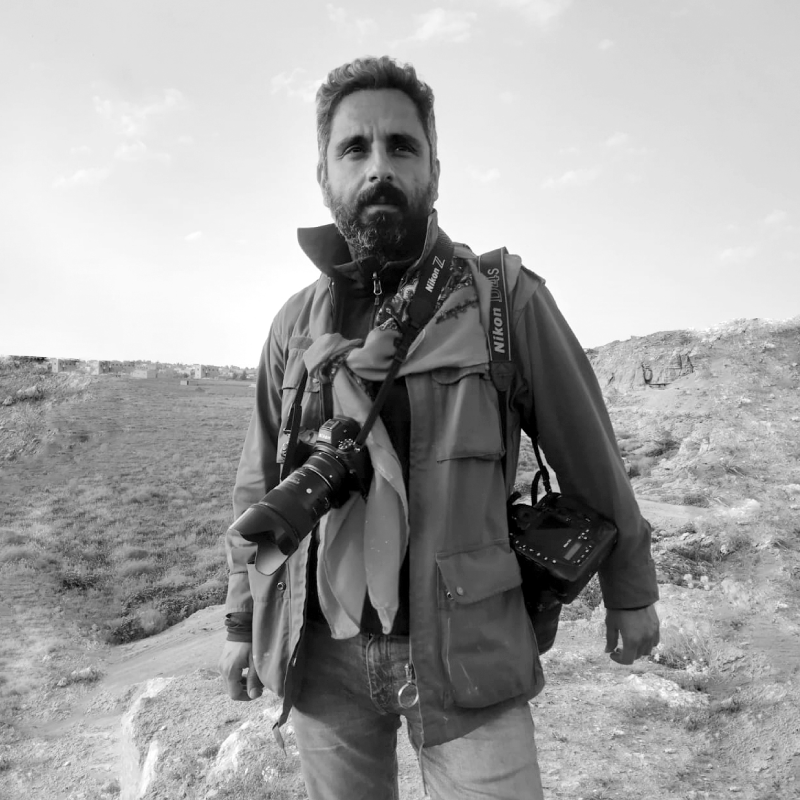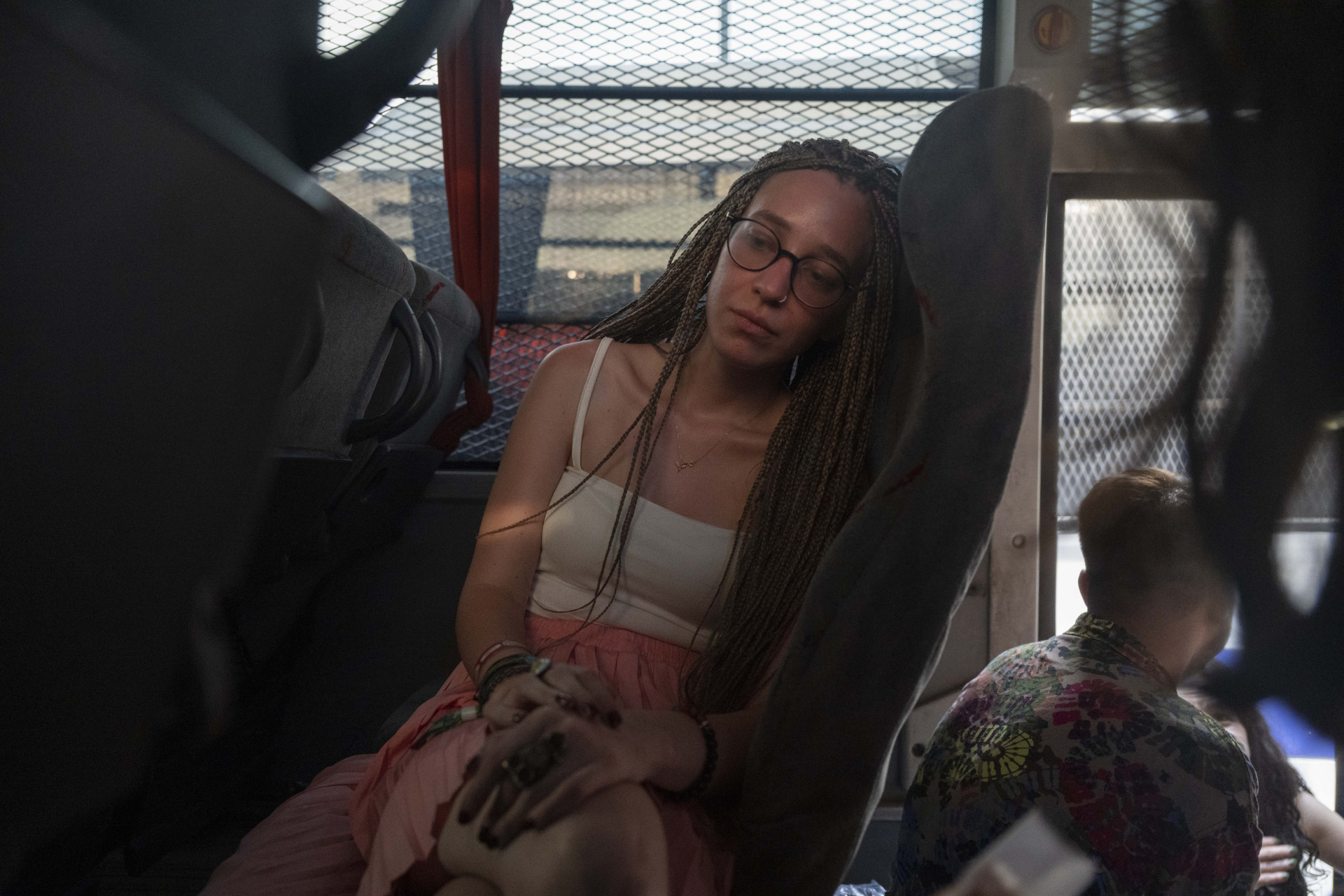
Turkey
Turkey
Turkey
Bülent Kılıç
Bülent Kılıç
Bülent Kılıç
Photo Journalist
Photo Journalist
Photo Journalist

Turkey
Bülent Kılıç
Photo Journalist
„I will continue to tell the struggle for rights with my photographs and make it permanent.“

VITA
Bülent Kilic was born in Dersim in 1980. He is a graduate of Journalism Department of Ege University. He started his professional life as an intern at Evrensel newspaper in 2001 and continued at BirGün newspaper in 2004. Since 2006, Bülent Kilic has been working for the Agence France Presse (AFP). In the following years, he worked for AFP and witnessed many wars and social unrests. Since 2011, has has been working in Syria and has followed the war from the first day of the conflict until today. Bülent Kilic, who has also covered the wars in Iraq and Ukraine, has twice received awards of World Press Photo in 2015-2016 in different categories for his photographs of Syria, Ukraine and the Gezi protests in Istanbul. He has twice been a finalist for the Pulitzer Prize, also won the Visa D'or Image. Bülent Kilic continues to work actively in conflict and crisis regions and is currently AFP's chief photographer in Turkey, based in the Istanbul office.
How did you become a human rights photojournalist?
My journalism story started in 1996. When I was in high school, a journalist named Metin Göktepe was murdered. At that time, I decided to pursue journalism and studied it at the university. However, I was not satisfied with the education at the university. Therefore, from the first year on I was involved in some newspapers and some streetmovements outside of the university as well. I started this profession both as an activist and as a student who wanted a democratic independent Turkey and gradually become a young reporter. The first demand on the street is human rights. That is why I am devoted and come to the forefront in that work. My aim has been to contribute to the fight against human rights violations. I later decided that photography as a form of expression was a better fit for me. My interest in photography is a result of not visual pleasure or my excessive interest in art, but out of concern for how I could explain a subject to someone else better. You can tell a story either by writing or by taking photographs. Taking a photograph may seem like a shorter and lazier way to tell a story, but it is also very difficult to take a good photograph and it can tell more than an article. Our profession is about reflecting what we feel to other people. It is the way to tell your own story or the story you see with your heart, brain, thoughts, and conscience.

Picture taken during a pride march while the young protesters were discussing how to flee the country after being taken to police custody.
What is the most striking human rights violations you have documented so far?
I was detained during the Pride March in Istanbul on 26 June 2022. While photographing the police violence against LGBTI+ individuals who took to the streets demanding for their rights. While the police were detaining the protesters, I was also a target of violence and was detained. We were kept waiting in the detention bus for hours, and during this time I continued to photograph those who were detained with me in the police bus. I was sitting at the door of the bus, listening to the conversation between the young people who were trying to get some fresh air. The young people were talking about which country it would make more sense to go to, or rather to escape, and I managed to take a photo of this conversation without revealing it to the police officers standing guard over us. The ill treatment of these young people, who wanted to celebrate the Pride week for their basic rights, hurt me a lot.

How do you evaluate the environment for journalists in Turkey?
The problem faced by any individual on the street in this country is the lack of justice and the rule of law. It is covering over the country like a black blanket. Conscientious and democratic people are looking for ways to overcome this. Unfortunately, it seems that it will get worse, and lawlessness will become more visible in every aspect of life. One of the most important tools to deal with these problems is civil society. However, the space for civil society in Turkey is very limited. There is no relationship between civil society and the state.
Have you ever been subjected to any punishment or investigation, because of the photographs you have taken or the events you have reported?
Yes, there are many cases against me. As an example of the problems in the legal system, I can mention my last case. I am being prosecuted for the so-called violence against the police, insulting them, preventing them from doing their duty, no joke. The administrative court decided in my favor because of the incident. They found the police guilty since the police broke my camera and the court fined the police. A week later, another prosecutor filed a new lawsuit saying that I had used violence, insulted the police, and ignored my criminal complaint. This is a good example of the bias in our justice system. I really trust the sensitive public in Turkey; people are my only assurance while I am doing my job.
What would you like to say about your profession?
We are storytellers. In the past, when there was no photography, people told the stories in the form of epics, drawings, or paintings. All the paintings of the Renaissance period always tell us a story and mainly this story is about a struggle for rights. Now, it continues in the form of photography. Painting or photography is the power of aesthetics and the story it tells that makes these works permanent. I am also after this and I will continue to tell the struggle for rights with my photographs and make it permanent.
Turkey
